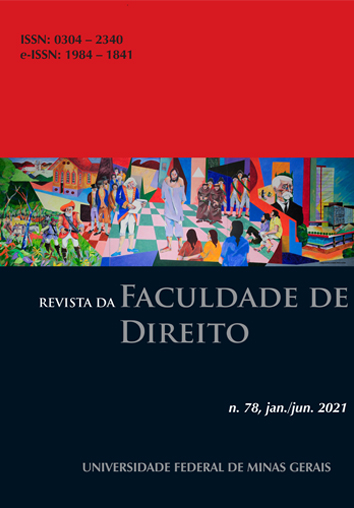THE REALIZATION OF E-DEMOCRACY IN THE 21ST CENTURY - DOI: 10.12818/P.0304-2340.2021v78p259
DOI:
https://doi.org/10.12818/P.0304-2340.2021v78p259Resumo
This article aims to study the relationship between e-governance, e-government and e-democracy, placing the main focus on the possibilities of (de)democratization of the society for which the adoption of such systems is intended. Methodologically, its procedure method is hypothetical-deductive, with qualitative approach, and literature review research technique. Its hypothesis puts that although e-government could make Public Administration more effective, there are cultural, economic, technological and political facts that must be weighed in a complex and transdisciplinary way, when elaborating the regulation of the use of new technologies in electronic government. As its results, it should be indicated that: i) E-governance is the modernization responsive to the development of ICTs, corresponding to the attempt to reconstruct more individualized and less bureaucratic government procedures based on citizen data collected by ubiquitous techniques; ii) E-government is the use of e-governance to make government more efficient — although it appears to be focused on the well-being of citizens, it also comprises companies and agencies. However, several contextual issues must be observed to evaluate its implementation, as it is not just a matter of computerizing the Administration: it is a real transformation in the conception of government and its relations in cultural, economic and technologically favorable contexts; iii) E-democracy is more than the creation of popular electronic decisionmaking instruments, as a democracy needs a strengthened civil society, direct participatory means, legal instruments for expansion, knowledge-based socialization and a new viable agreement on sustainability.




















